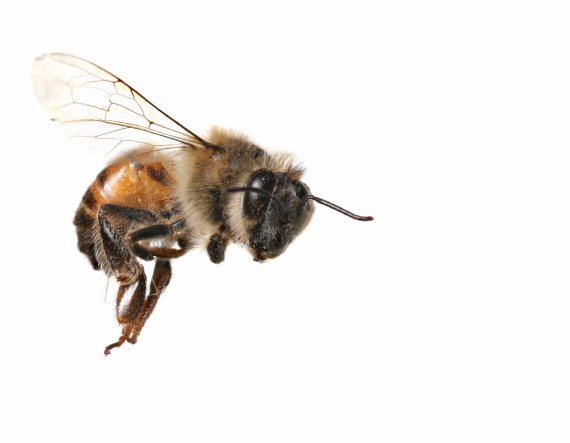Doubt was cast on the soundness of Blacquière’s scientific practice by Henk Tennekes of Experimental Toxicology Services, a Dutch company. Tennekes suspects Blacquière of having deliberately excluded any inconvenient results from a literature study on the risks of neonicotinoids for bees. But according to the executive board there is no question of Blacquière having done this.
Evidence
Blacquière published his overview article in the leading journal Ecotoxicology together with scientists from the VU Amsterdam and the University of Ghent. In the study the group comes to the conclusion that there is no evidence that insecticides such as imidacloprid are responsible for the mass bee deaths affecting beekeepers all around the world. At the same time they do not ‘expressly exclude’ a link. Toxicologist Tennekes thinks that studies including his own were deliberately excluded from the survey.
Not significant
Professor Herman Eijsackers, who conducted the internal investigation, entirely exonerates Blacquière. He says the articles by Tennekes are ‘not a significant contribution to the existing literature on exposure modelling.’ He took advice on this matter from experts in the research field in question and from the editor of Ecotoxicology. Other articles mentioned by Tennekes were also left out of the study for good reasons, according to Eijsackers.
Science
Blacquière’s group carried out the study at the behest of the ministry of EL&I. An extensive report in connection with the article in Ecotoxicology was sent to the lower house of parliament last week. Interestingly, the publication of the report came in the same week as two articles in Science on the role of imidacloprid. Both studies point to imidacloprid being the chief suspect in the bee deaths. State secretary Bleker is adopting the conclusions and recommendations made in Blacquière’s study. Bleker wants research done on whether bees absorb excessive amounts of neonicotinoids by drinking surface water. He also wants to see whether more data on insecticides can be made public. Preferably in peer-reviewed scientific journals.

